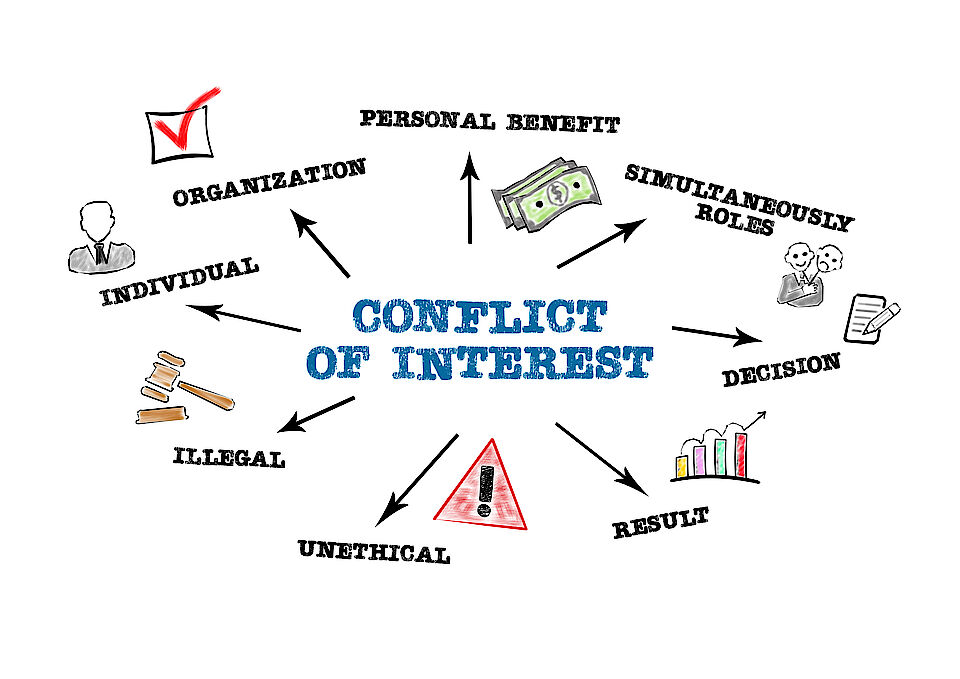What is Research Misconduct ?
Every aspect of scientific research from initiation of a project to dissemination of data can be subjected to misconduct. If you have concerns on any of the issues raised here and you would like to discuss them in confidence, please reach out to [link to contacts].
This is a non-exhaustive list of scientific misconduct.
- Disregarding the established scientific method to conduct research
- Data manipulation: willingly fabricating, manipulating, falsifying or misrepresenting data e.g. in order to fit the data to your expectations
- Data theft: stealing data obtained in confidence from colleagues or through peer reviewing and claiming them your own
- Plagiarism: Using texts or figures from others without giving due credit.
- Self-plagiarism: Producing redundant publications or lifting whole paragraphs from previous own publications.
- Breaching the law e.g. performing animal and human studies without the necessary permissions.
- Simultaneous submissions of the same manuscript.
- Mis-communication/publication: e.g claiming unwarranted authorship. More details on ghost, guest and gift authors in this article.
- Failure to report suspected misconduct or failure to cooperate if involved in a misconduct claim.
- False accusations of misconduct.

Conflict of Interest
Conflicts of interest are a separate issue from research misconduct, however they do breach the code of conduct. This cartoon summarises the various types of conflict of interests. If you think that you have a conflict of interest or are affected by conflict of interest and are unsure how to deal with the situation, please reach out to [link to contacts)].
